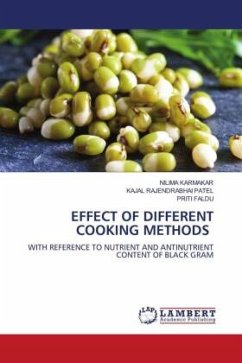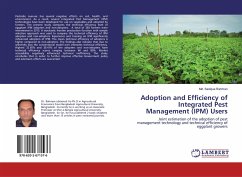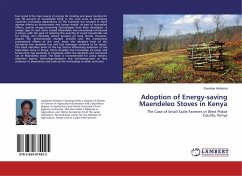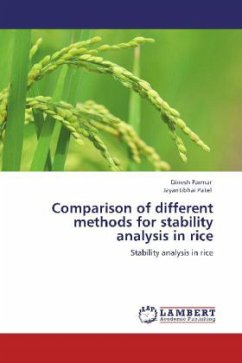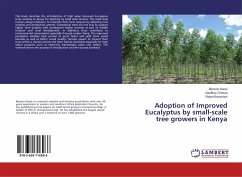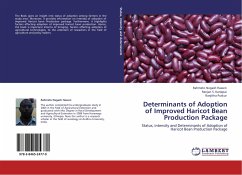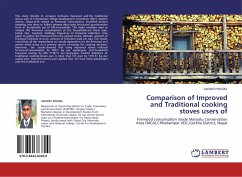
Comparison of Improved and Traditional cooking stoves users of
Firewood consumption inside Manaslu Conservation Area (MCA),Chhekampar VDC,Gorkha District, Nepal
Versandkostenfrei!
Versandfertig in 6-10 Tagen
32,99 €
inkl. MwSt.

PAYBACK Punkte
16 °P sammeln!
This study intends to compare between improved and the traditional stoves user of Chhekampar Village Development Committee (VDC), Gorkha district, Nepal with regard to firewood consumption. Stratified random sampling was done to collect primary data using structured questionnaire from 61 households out of 244 households. The major variables used to analyze the firewood consumptions of the households are Stove type, Family Size, Livestock Holdings, Frequency of firewood collection, time taken to gather the firewood from the nearest forest, Altitude, amount of firewood collected at once, amount ...
This study intends to compare between improved and the traditional stoves user of Chhekampar Village Development Committee (VDC), Gorkha district, Nepal with regard to firewood consumption. Stratified random sampling was done to collect primary data using structured questionnaire from 61 households out of 244 households. The major variables used to analyze the firewood consumptions of the households are Stove type, Family Size, Livestock Holdings, Frequency of firewood collection, time taken to gather the firewood from the nearest forest, Altitude, amount of firewood collected at once, amount of firewood used per day. The results reveal that all the respondents are totally dependent on the firewood and animal dried dung as a primary source of energy for cooking purpose. Moreover, the results showed that using improved stoves reduced firewood consumption by 620.5 kg per capita/year, and household firewood savings by NRs 71357.5 per capita/year. Carbon Emissions of traditional cooking stoves user is more than ICS user by 1135.51 Kg per capita/ year. Improved stoves users agreed that, ICS have many advantages over the traditional one.




